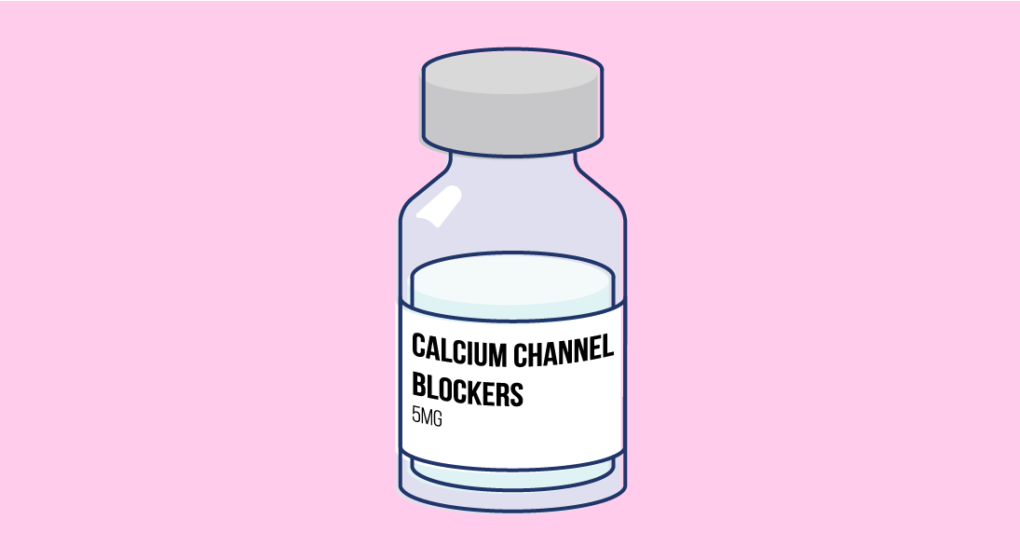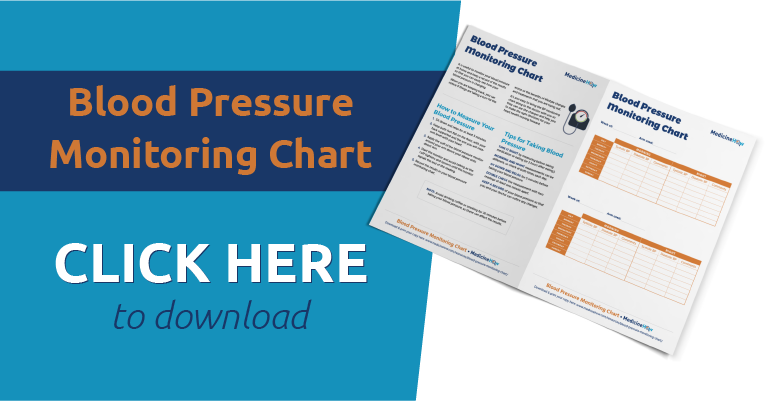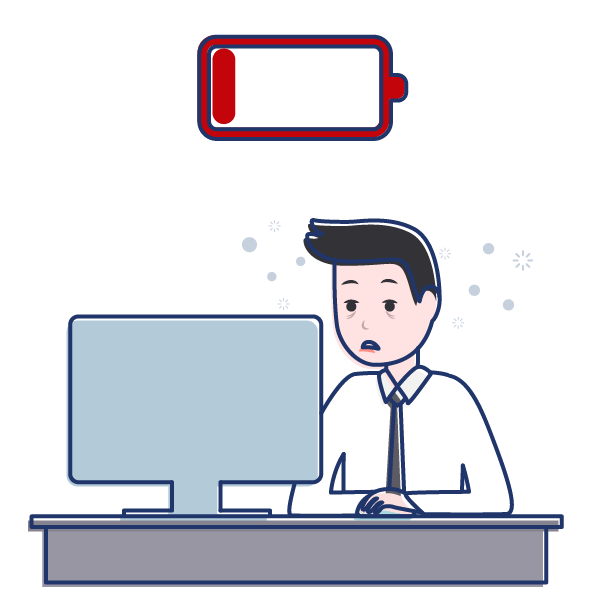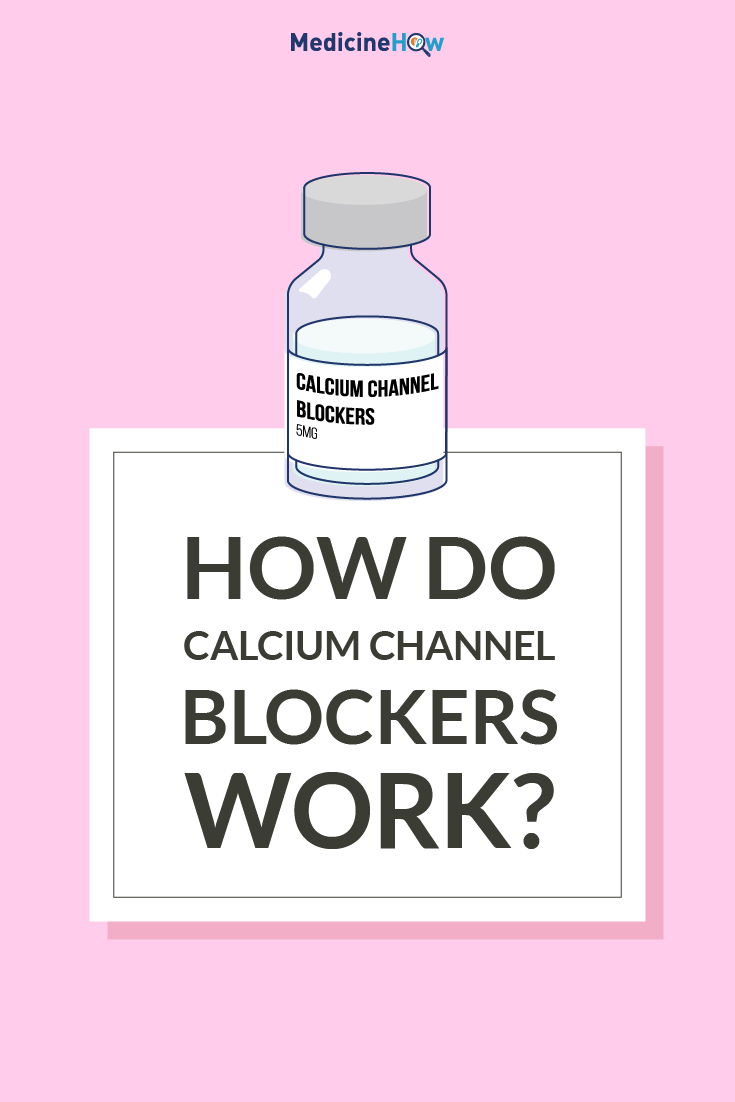
Calcium channel blockers (CCBs) are a group of drugs that work in a similar way in the body, called a drug class. As their name suggests, they work by blocking calcium channels in the body, which are important for several normal bodily functions.
![]() In particular, calcium is needed for the muscle cells to contract and work properly. All of the blood vessels in your body are surrounded by smooth muscles that contract and relax automatically with the help of calcium to keep your blood pressure under control. Calcium channel blockers block the calcium channels from entering into the cells, meaning that they can’t contract to maintain the blood pressure as usual. This is actually a good thing when it comes to the treatment of hypertension, but we’ll get to the details of why later on.
In particular, calcium is needed for the muscle cells to contract and work properly. All of the blood vessels in your body are surrounded by smooth muscles that contract and relax automatically with the help of calcium to keep your blood pressure under control. Calcium channel blockers block the calcium channels from entering into the cells, meaning that they can’t contract to maintain the blood pressure as usual. This is actually a good thing when it comes to the treatment of hypertension, but we’ll get to the details of why later on.

Which drugs are Calcium Channel Blockers?
There are several drugs that are classified as calcium channel blockers, due to their effect on the calcium channel in the cells of the body. These include:
Even though they are in the same class, there are some differences in the way they work. There are sub-types of the drug class to categorize them even further.
Dihydropyridine CCBs are the most common type, including amlodipine, felodipine, lercanidipine, nifedipine, nimodipine. These drugs have the biggest effect on the blood vessels around the body and are a great option in the treatment of hypertension.
Verapamil is in another group called phenylalkylamine CCBs. This is because verapamil has a significant effect on the calcium channels in the heart muscles and can change the way the heart works. Specifically, the heart pumps beats less often and pumps less blood around the body. This makes it useful to treat hypertension and abnormal rhythm of the heart.
Diltiazem is in a group of its own, halfway between dihydropyridine CCBs and phenylalkylamine CCBs. This is because it has a noticeable effect of both the heart and blood vessels.
How do they work?
Calcium is very important in the body and is needed to allow particular muscles to contract, such as the smooth muscles in your heart and that surround your blood vessels and in your heart. You don’t have any conscious control over these muscles; they do all the work on their own without you needing to think about it.
Calcium channel blockers work by blocking the passage of calcium into the cells that need to contract. When this happens, the cells can’t work as usually and the muscles become more relaxed, which is the reason why these drugs work.
When the smooth muscles around the blood vessels relax, the blood can flow through more easily, decreasing the blood pressure and helping to treat hypertension.
Verapamil and diltiazem also change the contractibility of the muscles in the heart, so that the heart contracts less often and less powerfully. This leads to a drop in heart rate and the volume of blood pumped around the body, which is useful for treating arrhythmias, or an irregular heart beat.
Side Effects
The most common side effects of calcium channel blockers happen when they are working too well and you end up with low blood pressure. Signs this hypotension include:
- Headache

- Tiredness
- Dizziness
- Flushing
- Low heart rate (for verapamil and diltiazem)
It is common to experience these signs when you first start taking a calcium channel blocker, and they should go away on their own as your body gets used to the drug. If you still notice them after about a week, it is likely that the dose is too high and you should discuss this with you doctor, who will help you to find the right dose.
Some people who take calcium channel blockers may notice retention of fluid in your body, called oedema, making your ankles appear swollen. Constipated and difficulty maintaining regular bowel movements may also affect some people. It’s best to talk with your doctor if you have any issues you think might be related to taking a calcium channel blocked.

Cautions
![]() Calcium channels blockers are supposed to be taken long-term and if you stop taking them suddenly, the smooth muscles around your blood vessels or in your heart will suddenly be able to contract again and may cause hypertension to suddenly come back, even worse than in the beginning. Instead, you should gradually reduce the dose over time to allow your body time to readjust.
Calcium channels blockers are supposed to be taken long-term and if you stop taking them suddenly, the smooth muscles around your blood vessels or in your heart will suddenly be able to contract again and may cause hypertension to suddenly come back, even worse than in the beginning. Instead, you should gradually reduce the dose over time to allow your body time to readjust.
CCBs can also affect your mental coordination, making you feel more tired than usual and lack alertness. If this happens to you, you should avoid driving or operating heavy machinery, as the consequences if you lose concentration could be disastrous.
As verapamil and diltiazem slow the heart rate down, they are not usually the best option if you already have a slow heart beat.
Pin it!


